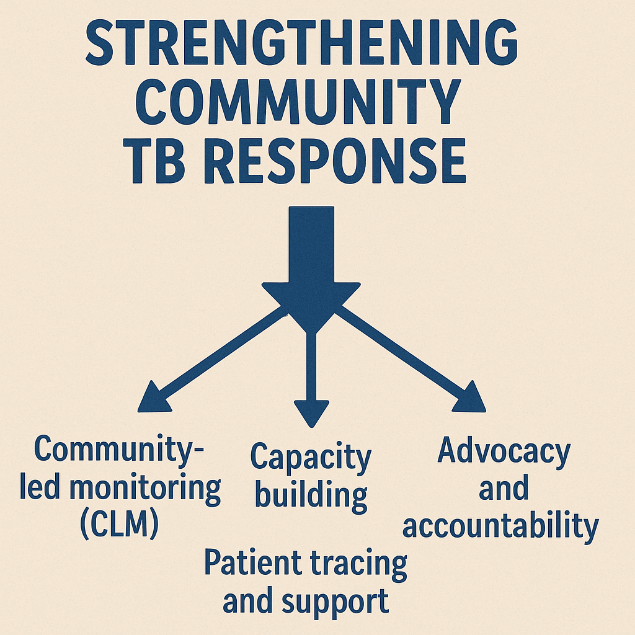HIV Self-testing is one of the most convenient and efficient way for any person to know his/her HIV status and make a life informed decision. More importantly, men who are unable to access the conventional facility based HIV testing may now fail to have excuse as the availability of free HIV self-testing kits in their community make their need to test even easier and cheaper. Population Services Kenya HIV self-testing Kisumu team has been distributing HIVST kits to hard to reach men through community hotspots and workplaces; Boda Boda stages, manufacturing company and factories among other. This initiative has given a good number of hard to reach men referred to as “Brayo the Rock” opportunities to access kits and subsequently test themselves. During kits distribution individuals are given enough information on how to test and available follow up support channels. Individuals testing at the point of distribution have always received immense support from HTs Counsellors available during the distribution.
The most changing part of this journey has been the question of supporting the individuals who test at home on their own. Psychosocial factors for home testers and how those who test positive are linked to care and treatment, which is the most important part of this noble journey, have been put to test. For over long period of time, MoH has been working on modalities to have home testers who realize positive results linked promptly for treatment and care. However, much have not been achieved to this end to support such clients. Stigma among the population especially on the issues of HIV testing and linkage care for positive cases further complicate the need to embrace HIV self-testing. With these “business as usual” elaborative and robustly support system is needed in place to enable clients get extra HIV services beyond testing not only at the moment but also into the future. Moreover, individuals testing negative at their places of comfort with HIV self-testing kits need preventive information to keep this epidemic out of their families and love ones.
While leveraging on the modern technology and innovation, PS Kenya in collaboration with NASCOP have been piloting WhatsApp chatbot to link positive clients for treatment and care in health facilities. This exercise has been happening in two health facilities in Kisumu where it has received its equal share of challenges. Most of clients who are supported through this channel have been reluctant to show up at the proposed facilities. To strengthen this model, Population services Kenya in partnership with the Ministry of Health are working jointly to expand this program to nine more health facilities in Kisumu to realize even better results. The identified health facilities have been included in the WhatsApp chatbot and a contact number provided for clients who would like to book an appointment with the HTS Counsellor. This expansion will probably address the question of distance, client-facility choice and preference and privacy concerns which have been identified as the major bottleneck to this novel course. More interestingly, the clients are assured of their transport reimbursement once they arrive at the facilities. To this end, NASCOP certified HTS counselors have been conclusively oriented on this WhatsApp chatbot and how they will support the prospective clients. The Kisumu County MoH team led by CASCO have expressed their confident in this exercise and believe better results will be realized It is now a matter of wait and see of what will transpire with this innovate and inclusive approach.



